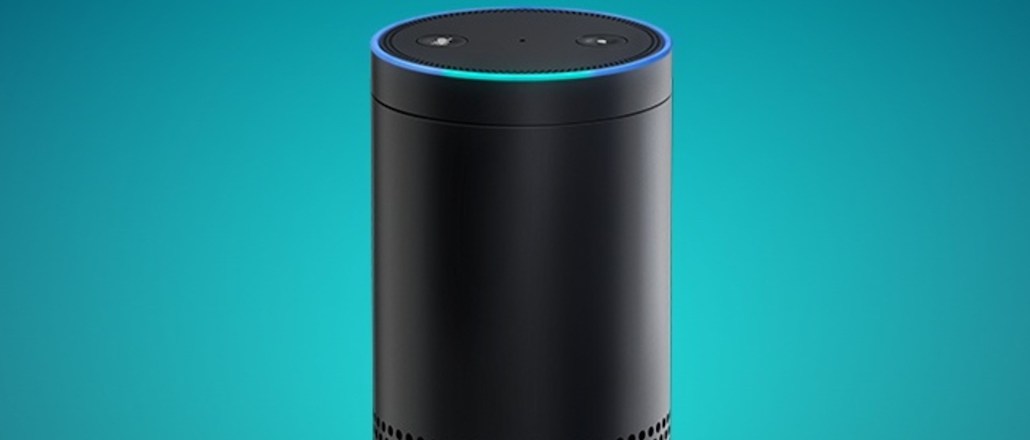What agencies are doing to crack ‘voice tech’ like Alexa, Siri

In February, CP+B and Domino’s made ordering pizza even easier than placing an order online. It let users order a pie simply by asking for it, using the Amazon Echo. But that was just the beginning. Advances in voice-enabled technology are turning services like Alexa, Siri, Cortana and Watson into viable advertising platforms. As a result, agencies are making significant investments in cracking the tech.
Huge, We Are Social, Rain and CP+B are all bullish on the future of voice design and computing, and are hosting hackathons and undertaking internal projects to develop their own apps and to get employees to embrace the platform in-house.
We Are Social has launched its own daily news broadcast on Amazon Echo. Users just have to find and enable We Are Social’s “Headline of the Day” skill on the Amazon Alexa app and say, “Alexa, social headline” to get the latest ad industry news, which the agency puts together daily.
“To ensure brands stay relevant, they need to be a central part of technologies that are solving consumer problems,” said Tom Ollerton, innovation director at We Are Social U.K. “It’s key for an agency like ours to be able to make the most of new tech so we can offer those kind of solutions for our clients.”
Voice has become a huge focus area for Rain ever since the agency debuted its recipe library for Campbell’s on Amazon Echo last year. It has not only developed Echo skills for a range of clients since but also recently built a smartphone app called Reverb, which lets anyone interact with Alexa — even if they don’t have an Echo device.
The aim, according to director of strategy Greg Hedges, was to give staffers the chance to keep improving on the user experience of branded skills, even when they didn’t have access to an Echo. The agency also has internal Slack channels devoted to discussions on voice interfaces and routinely encourages its employees to keep experimenting and prototyping. A developer from its Nicaragua office, for example, created a skill for playing the game of Rock, Paper, Scissors.
“It’s important for us to build things from start to finish and demonstrates how we approach emerging technology,” said Hedges. “It helps position us to best help and service our clients.”
At Huge, regular hackathons encourage applied learning for emerging tech across the board. The agency’s last hackathon, held in October, brought together 15 different teams from across its offices who were required to solve a problem by creating an application that used conversational user experience or voice interfaces. Among the projects: a voice activated Alexa skill which marketers could tap to get the relevant marketing stats and figures.
“Prototyping to understand what works and what doesn’t is very critical with new technology,” said Gela Fridman, Huge’s managing director of technology. “Moreover, it lets us develop the right skill sets in-house.”
CP+B and New Haven-based Digital Surgeons both host frequent talks and meetups to keep employees up to speed with voice-enabled technology. While he declined to give specifics, Joe Corr, executive creative technology director at CP+B Boulder, said that the agency was making a “significant formal investment” toward it.
Agencies aren’t just schooling current employees but also hiring talent with the right skill sets, including UX designers who’ve had experience working with voice. Both CP+B’s Corr and Rain’s Hedges said that such skills will only become more critical as the technologies advance further.
“It’s become a need for us to have people who can continue to grow in this space,” said Hedges.
More in Marketing

YouTube’s upmarket TV push still runs on mid-funnel DNA
YouTube is balancing wanting to be premium TV, the short-form powerhouse and a creator economy engine all at once.

Digiday ranks the best and worst Super Bowl 2026 ads
Now that the dust has settled, it’s time to reflect on the best and worst commercials from Super Bowl 2026.

In the age of AI content, The Super Bowl felt old-fashioned
The Super Bowl is one of the last places where brands are reminded that cultural likeness is easy but shared experience is earned.








